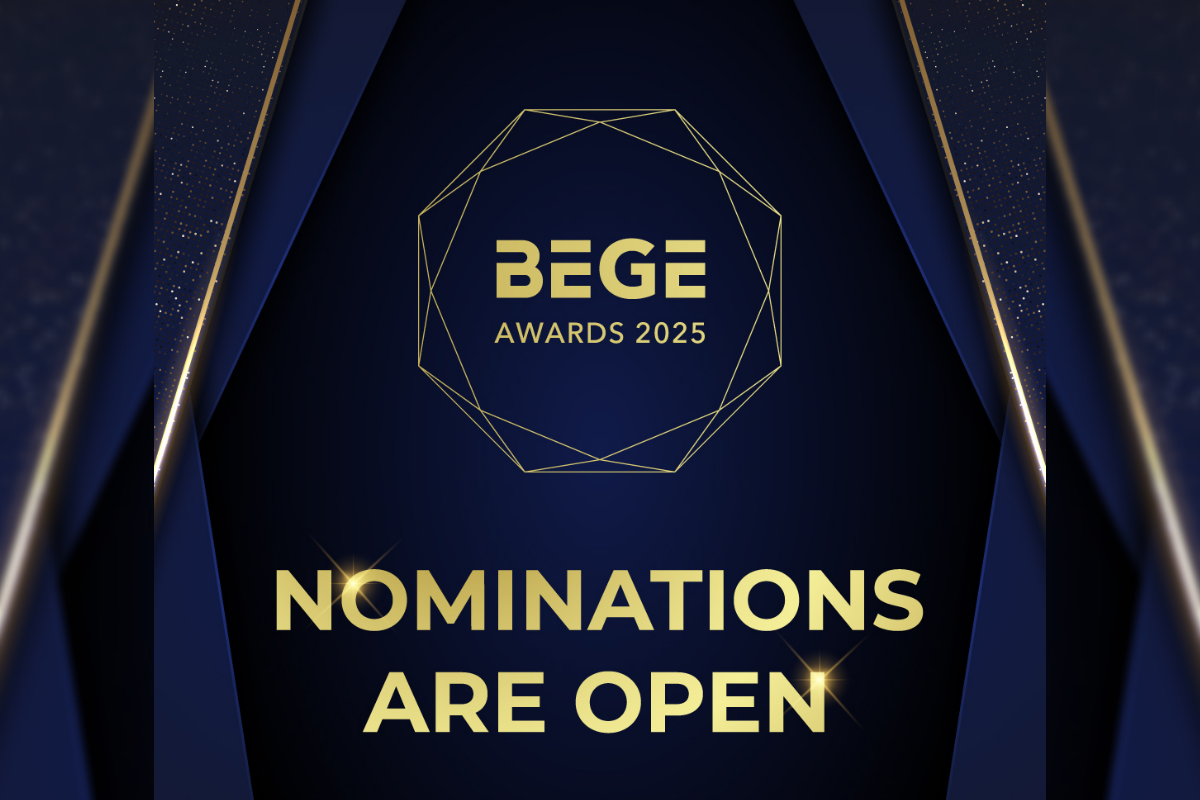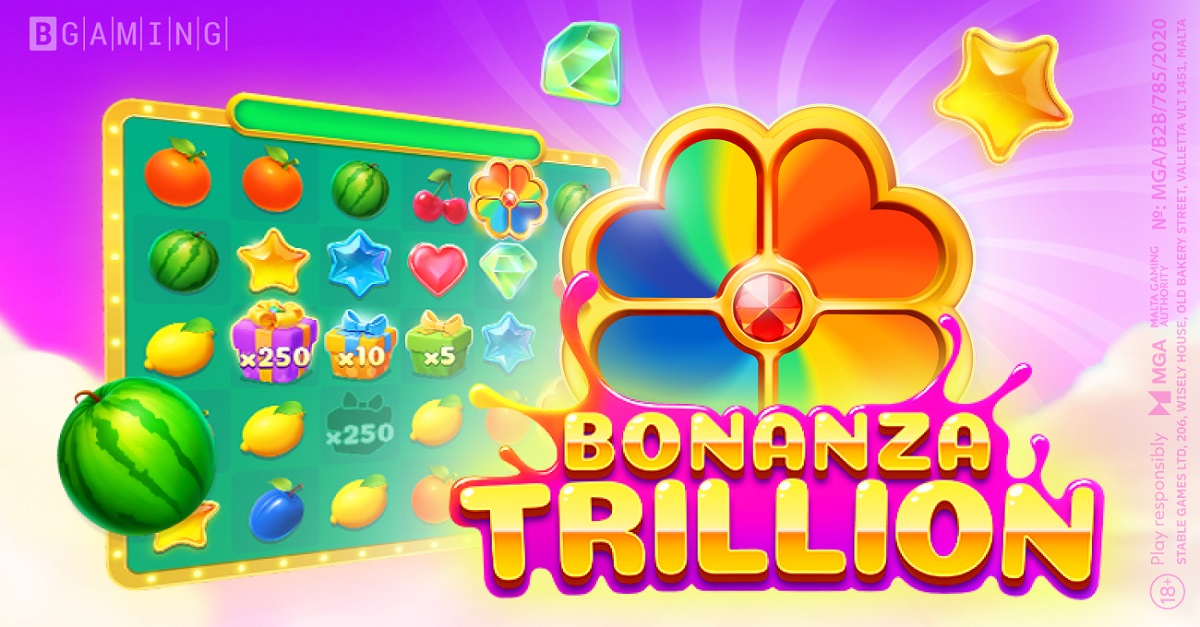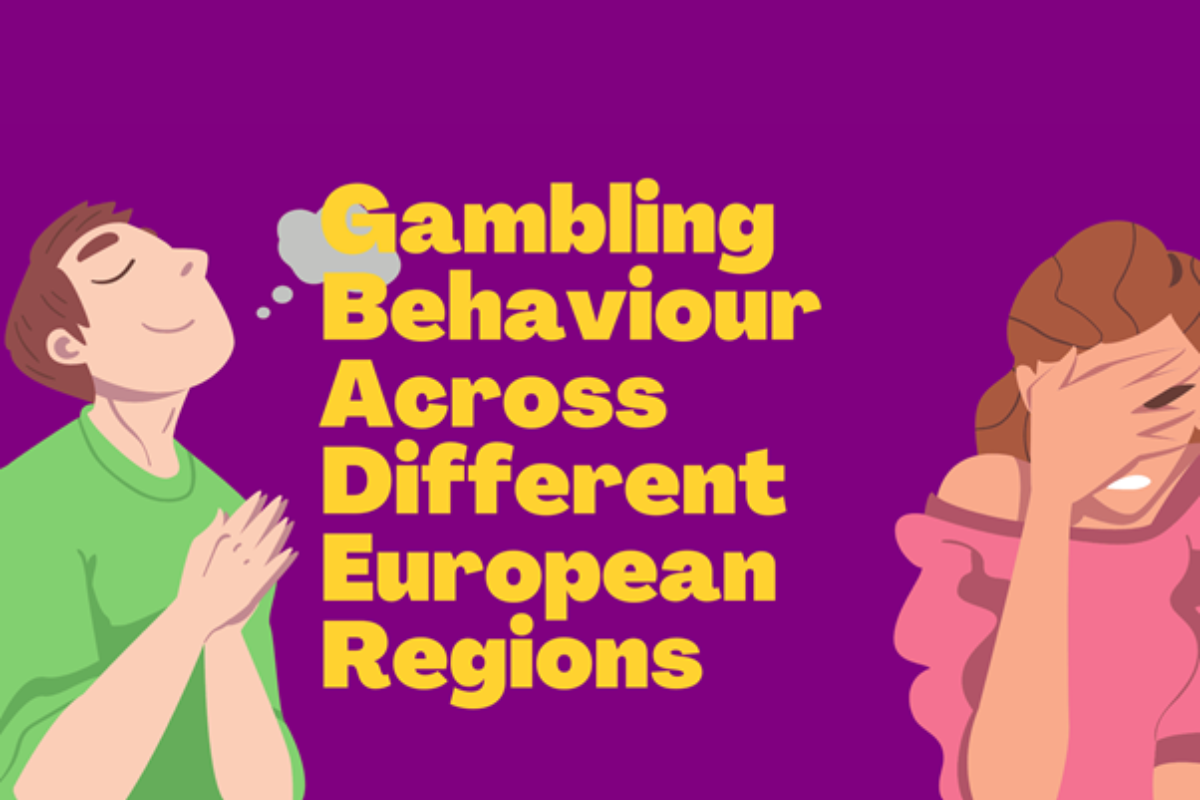Latest News
Videogame loot boxes similar to gambling

Adolescents playing video games that offer randomised rewards to increase competitive advantage could be being exposed to mechanisms that are psychologically similar to gambling, according to new research just published in Nature Human Behaviour .ATTN: Teens at risk as video game ‘loot boxes’ deemed similar to gambling…
Videogame loot boxes similar to gambling
Adolescents playing video games that offer randomised rewards to increase competitive advantage could be being exposed to mechanisms that are psychologically similar to gambling, according to new research just published inNature Human Behaviour.
The paper, Video game loot boxes are psychologically akin to gambling, was co-authored by Dr Aaron Drummond, from Massey’s School of Psychology and Dr James Sauer, from the Department of Psychology at the University of Tasmania. Their work focussed on video games that offer purchasable randomised rewards, called ‘loot boxes’, and raises the question of whether such games should be regulated.
“Our analysis of the characteristics of loot boxes in 22 games rated by the Entertainment Software Ratings Board (ESRB) as appropriate for audiences 17 years old or younger reveals that loot boxes have important structural and psychological similarities with gambling,” the authors say.
They found that nearly half (45 per cent) of the games they analysed met all five of the psychological criteria to be considered a form of gambling. They say that on face value, “loot boxes present a number of striking similarities to real-world gambling.”
What is a loot box?
A ‘loot box’ is a catch-all term for a digital container of randomized rewards that alter the game in some way. “Rewards may allow players to personalise aspects of the in-game aesthetic (for example, alter their avatar’s appearance) or improve in-game performance (for example, via powerful weapons),” the authors say. Possessing rare game rewards is therefore highly desirable – and of particular interest to the study’s authors is the increasing trend “to allow players to purchase loot boxes using real- world currency.”
“Players often purchase loot boxes for money and receive rewards of varying value based on chance. Thus, over multiple purchases, players will receive a high-value item on average every X number of times they open a box (where X represents a number of openings determined by a pre- defined algorithm).
Due to the random nature of rewards, the exact number of boxes that require purchase to obtain a valuable item varies. “This kind of reward structure is termed a variable ratio reinforcement schedule, and underpins many forms of gambling,” the authors say. “The risk is that variable ratio reinforcement results in people quickly acquiring behaviours and repeating these behaviours frequently in the hopes of receiving a reward.
Game or gamble?
Whether loot boxes are a form of gambling present important ethical and regulatory implications, the authors say. “If loot boxes are akin to gambling (the legal age for which is 18 or older in most US states, and in many countries), this would raise serious concerns about their appropriateness for games available to younger audiences.”
“Parents need to be aware that some games contain gambling-like mechanisms. Engaging with these mechanics could plausibly result in overspending or, some researchers suggest, even result in migration to more traditional forms of gambling,” says Dr Drummond, who co-leads the International Media Psychology Laboratory with Dr Sauer, and is the director of the Manawatū campus laboratory where he specialises in researching the impact of digital media on cognition and behaviour.
“Research investigating the exposure of adolescents to simulated gambling suggests that risks such
as peer pressure and a dilution of monetary value through the exchange of real currency for virtual currency might facilitate migration to monetary forms of gambling.”
The research applied five established characteristics common to most gambling activities, and that distinguish gambling from other risk-taking behaviour, and found that almost half of games that contained loot-boxes met these criteria:
o The exchange of money or valuable goods.
o An unknown future event determines the exchange.
o Chance at least partly determines the outcome.
o Non-participation can avoid incurring losses.
o Winners gain at the sole expense of losers.
“Given these features are similar to those underlying traditional forms of gambling, the Belgium Gaming Commission and Australian and US regulators are investigating whether loot boxes constitute a form of gambling,” the report says. “However, at present, there is no consensus on whether such simulated forms of gambling constitute illegal gambling operations.”
New Zealand has more game developers per capita than any other country in the world, says Dr Drummond. “Understanding the psychological risks of mechanics such as loot boxes is essential to ensuring that the New Zealand game industry remains at the forefront of ethical and sustainable video game development.”
The paper is available online at Nature Human Behaviour.
-

 Asia6 days ago
Asia6 days agoDigital gaming disruption tackled in 1st AsPac Regulators’ Forum
-

 Africa7 days ago
Africa7 days agoBetKing Renews Ikorodu City FC Partnership for 2025/26 NPFL Season
-

 Compliance Updates6 days ago
Compliance Updates6 days agoKongebonus statement: Norway’s election result signals gambling policy continuity, but licensing debate is set to intensify
-

 Balkans6 days ago
Balkans6 days agoBEGE Awards Nominations Now Open – Celebrating 16 Years of Industry Excellence!
-

 Latest News6 days ago
Latest News6 days agoWin a Fruity Fortune in BGaming’s Bonanza Trillion
-

 Latest News6 days ago
Latest News6 days agoAnswer the Call of the Wild: ELA Games Unveils Its Latest Game “Buffalo Force”
-

 Latest News6 days ago
Latest News6 days agoSlots Temple Announces Exclusive Free-to-Play Tournament Partnership with Pragmatic Play
-

 Latest News6 days ago
Latest News6 days agoSaddle up for big wins under the Bison Moon with the latest slot from Northern Lights Gaming


















